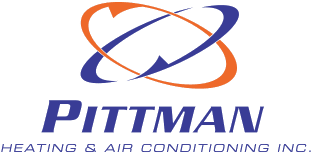If you have questions, we have answers!
Your comfort system is a big investment and many people have questions before buying a new system or getting their old system worked on. We have put together this convenient F.A.Q. for you to try to answer your questions quickly.
If you have a question that is not listed here, please feel free to contact us. We’d be happy to answer any questions you may have.
Contact Us


